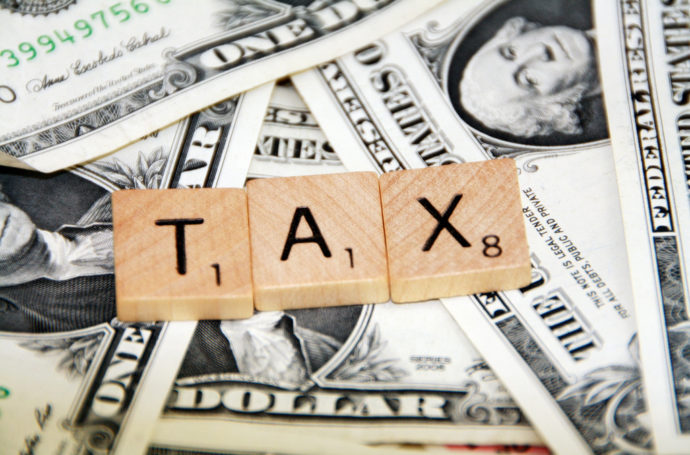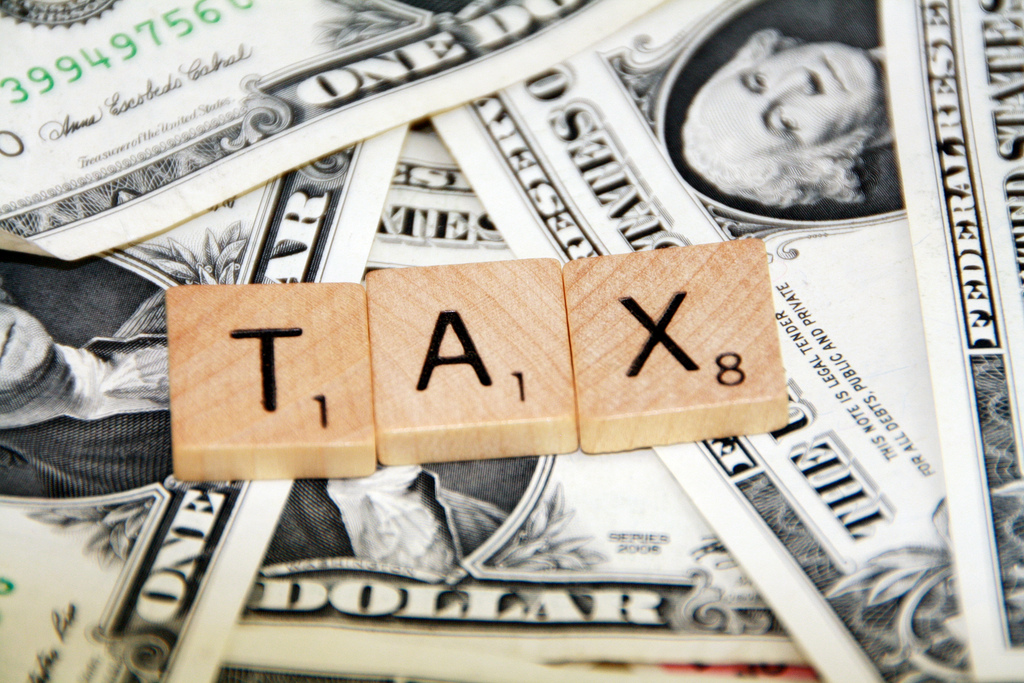
During the pandemic, more than one-third of Americans worked from home. It’s a trend that’s likely going to continue. You can use the home office expense deduction regardless of whether you own your own home or rent an apartment.
When doing your home office taxes, consider things like solar panels, the amount of space used for your office, and working with a professional. Don’t let the fear of an audit prevent you from taking home office tax deductions!
Read below to learn about the home office expense deduction and what you can claim on your taxes.
Solar Panels and The Home Office Expense Deduction
Green energy is up 90 percent since 2000 and continues to grow. Solar energy reduces your carbon footprint and even allows you to sell energy harnessed by the sun back to the power company.
Doing home office taxes will allow you to use solar panels as tax credits, not necessarily for the home office expense deduction. The federal government uses the tax system to encourage homeowners to upgrade to green energy. You can earn 26 percent on the total installation cost.
See for yourself how solar energy can help your home office taxes, especially with solar tax credits. Home solar upgrades can save you more on your taxes. It’s essential to take advantage of these benefits!
Home Office Space
For your home office to qualify for home office deductions, you must use your space specifically for your business. For example, it can’t double as a bedroom or playroom. Your home office is where you bill customers, make phone calls, or run the administrative portion of your business.
You can use either the simplified option or the actual expense deduction. The simplified option doesn’t allow for actual deductions. You can deduct mortgage interest, repairs, and utility expenses when using actual expense deductions.
When thinking about how to deduct home office expenses, it’s best to put a list together to figure out what’s more beneficial.
Work With a Qualified Professional
When you work with a qualified professional, they can guide you through the benefits and pitfalls of how to deduct home office expenses. Every business is different, and each comes with a unique set of circumstances and rules.
Finding a qualified professional to help with remote work deductions assures you an expert will handle the paperwork. They know the law and will advise you on what is best.
Sometimes, handling home office tax deductions and remote work deductions is confusing and time-consuming.
Learning About the Home Office Expense Deduction
There are many things to know about the home office expense deduction. You can qualify for solar tax credits and use the space in your home for a home office deduction. It’s also helpful to work with a tax professional to get sound advice.
Working from home means you can save money on your taxes! Don’t let Uncle Sam more than he needs at tax time!
If you found this information helpful, read more tips and advice on our website.


